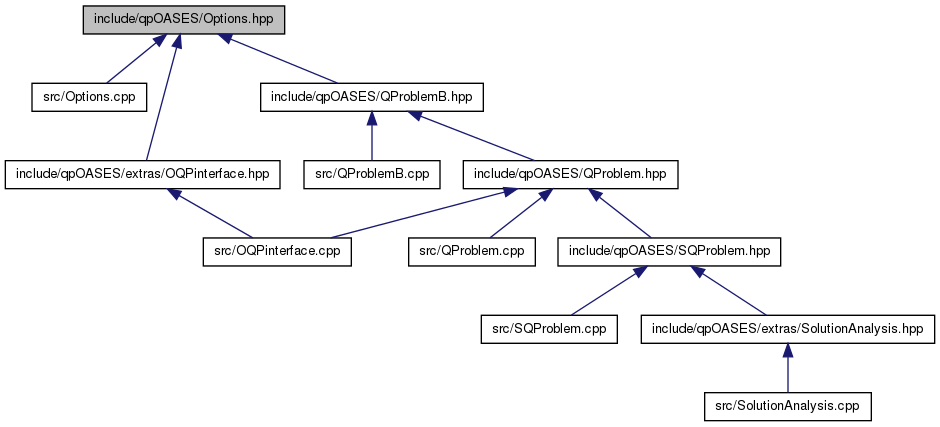

** \code rest of line is normal comment HL * comment HL mode */ end of doxygen HL mode ** \code rest of line is normal comment HL */ end of doxygen HL mode ! singleline, where */ should be ignored! still doxygen HL mode /// singleline, where */ should be ignored! still doxygen HL mode ///

/ input/output (usu.This is a pseudo doxygen file to test Kate's doxygen syntax highlighting.Ī multiline comment may begin with a /*! */, too. / \param var3 Description of variable three, an output ( Void myFunc(int var1, int var2, int* var3, int* var4)Īnd here's this shorter version again now with \ again instead of /// \brief A brief one or two line description of the function. / var4 Description of variable four, an / var3 Description of variable three, an output

/ var2 Description of variable two, an input / var1 Description of variable one, an input You may also use instead of \: /// A brief one or two line description of the function. var3 or var4 are NULL pointers, which means they can't be My_enum_t myFunc(int var1, int var2, int* var3, int* var4) / value is read and used, but then it is also updated by / \param var4 Description of variable four, an / \param var3 Description of variable three, an output / \param var2 Description of variable two, an input / \param var1 Description of variable one, an input / \note An important note the user should be aware of-perhaps many (Copied from my eRCaGuy_dotfiles project here)įull Doxygen function header example: /// \brief A brief one or two line description of the function. How should I properly use _attribute_ ((format (printf, x, y))) inside a class method in C++?.
Doxygen ref how to#
How to use formatting strings in user-defined functions?.Documentation for GCC's super useful printf format attribute:.
Doxygen ref code#

The Doxygen output now shows the error return types as a list of sub-bullets under the line Number of characters printed if OK, or < 0 if error:, and each of the error types is turned into a URL to their respective definitions due to the # character in front. - num_chars_printed could be set to one of the error codes listed above Use `vsnprintf()` now here to format everything into a single string / Number of characters printed if OK, or < 0 if error: `printf`-like variadic list of arguments corresponding
Doxygen ref serial#
/ Function to print out data through serial UART for debugging. I know you're asking about but Google searches lead here for types too, so here's that answer: Doxygen # usage in front of return value to create hyperlink to its definition:įull Example ( see the types just below with a # in front of each of them): #include // for va_list, va_start, va_end


 0 kommentar(er)
0 kommentar(er)
